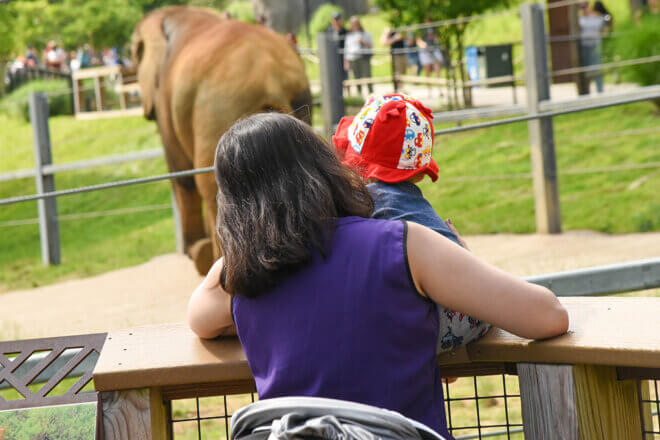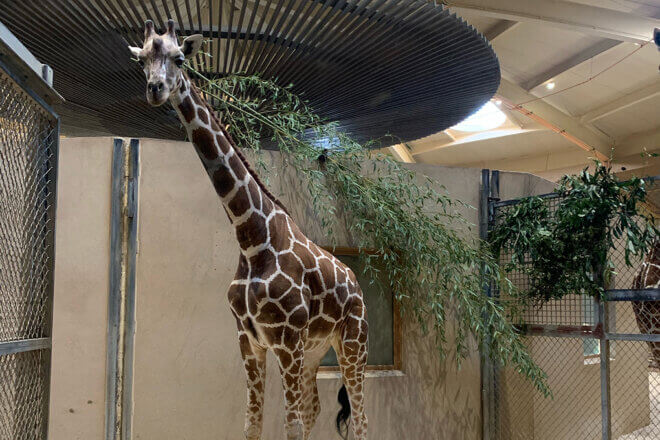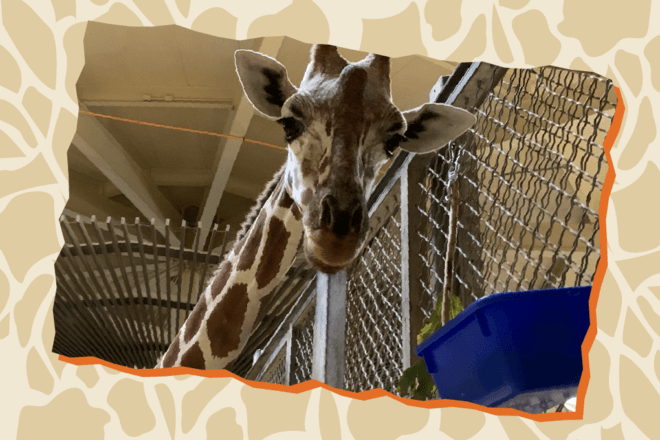BALTIMORE, MD — The Maryland Zoo in Baltimore is happy to announce that two female hamerkop chicks were hatched the week of August 18, 2011, and they are about to take flight from their nest in the African Aviary.
Hamerkops are wading birds that forage for food in shallow water and are widely dispersed throughout sub-Saharan Africa. They live in diverse habitats, from forest to semi-desert, wherever water is accessible. The birds are brown, with a flat crest on their head that resembles a hammer and in fact, the word hamerkop is Afrikaans for “hammer-head.” Hamerkops are distinguished by their huge, domed nests. They build the biggest nests of any bird in Africa as the pair build the nest together, collecting many thousand twigs and other items to build it. Although enormous itself, the nest is accessible only by a small, narrow entrance hole.
The female hamerkop lays her eggs, and male and female take turns sitting on them during the incubation period, which lasts about 30 days. Both parents help feed the chicks once they hatch out. Chicks are ready to fly after about 50 days. They continue to return to the nest for two weeks after first flight, and may roost together in the nest for another month before dispersing.
“It’s hard to miss the hamerkops building a nest this size,” said Mike McClure, general curator at the Zoo. “Staff had been checking inside periodically to see if there were chicks, and we were happy to find two healthy chicks on August 18. They are now fledging and are preparing to leave the nest, so the public should be able to see them in the Aviary very soon.” The young birds will spend a lot of their top on top of the nest as they learn how to fly.
Zoo visitors can see the hamerkops’ massive nest in the African Aviary at the African Watering Hole exhibit, and should be able to see the chicks learning to fly. “They should begin flying about 50 days after they are born, which would be approximately the first week of October,” continued McClure.
The Maryland Zoo’s has a breeding pair of hamerkops, Edith, 10, and Archie, 12, and this is their third successful clutch of chicks.





Share this article